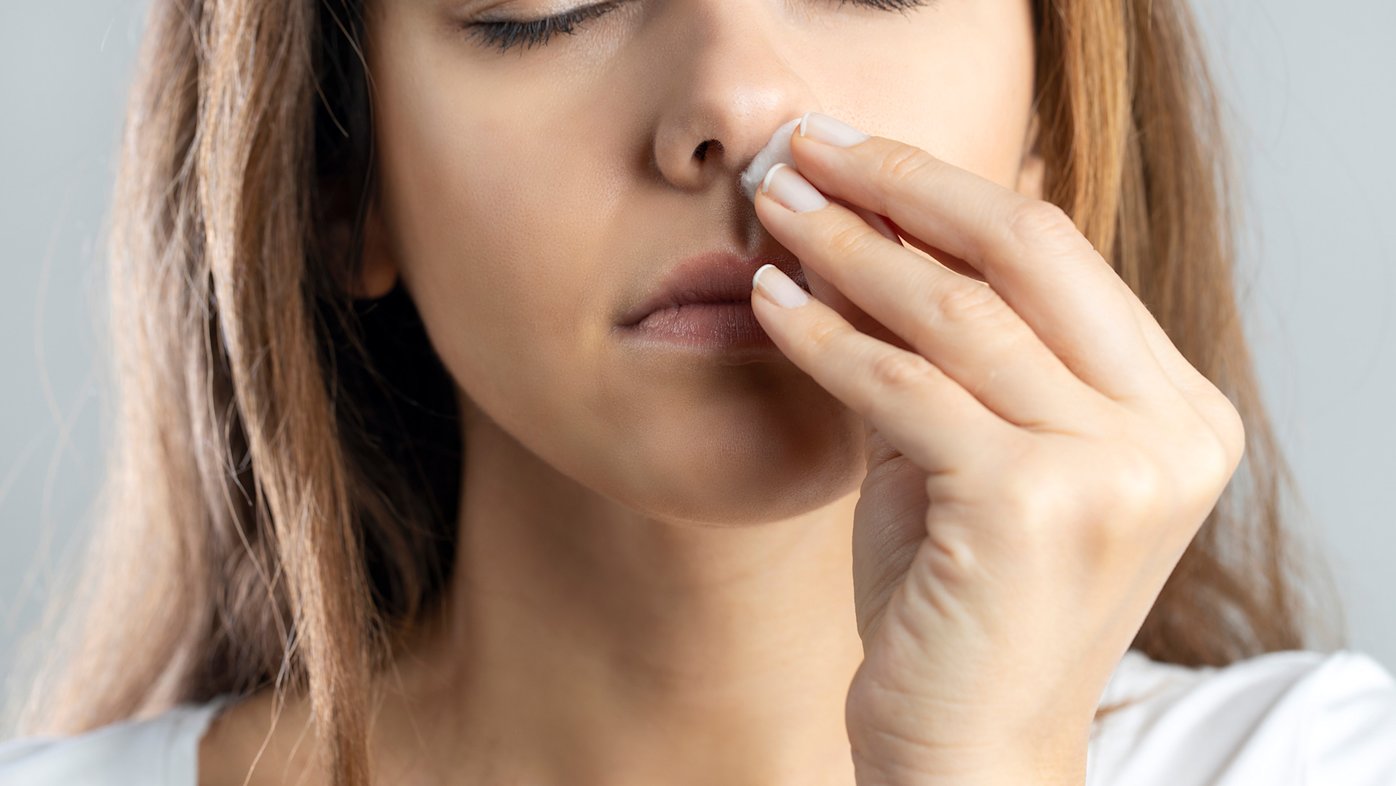
Not again: Preventing chronic nosebleeds
Nosebleeds are a nuisance. Learn why they happen — and what you can do to prevent them.
If you are thinking about knee replacement surgery, it's not too soon to start planning for your post-surgical rehabilitation. Improving your strength, balance and flexibility now can help your body recover faster after surgery.
"If we know someone will be having knee replacement, we want them to get in as soon as possible so that they can build up as much strength as they can," says Brian Lehner, a personal trainer at the Sewall Healthy Living Center at Sharp Coronado Hospital. "If they have pain, we need to manage that and be sure they are gaining strength at the same time."
Lehner typically sees a knee replacement patient as early as six months before surgery, to strengthen and stabilize the muscles that support the knee.
4 exercises to build strength and stability around the knee
Lehner and rehabilitation therapist Chris McKee, MPT, offer these four simple exercises to help build strength and balance before and after knee replacement surgery.
Leg press — builds strength
Using the leg press machine at your gym or rehabilitation center, place your feet shoulder-width apart with your knees over your toes. Depending on your ability and pain level, start with two to three sets of 15. Work toward a single leg press, if you are doing well and not experiencing pain in the knee joint.
Single leg balance stands — builds balance and positional awareness
Stand in front of something you can grab in case you lose balance. Stand on one foot. Hold for 20 to 30 seconds, making sure you are stable and not wobbly. As you progress, try closing your eyes or standing on something unstable like a balance trainer ball or foam pad.
Wall sits — builds strength
Sit up against a wall with your legs bent and feet far in front of you so that your knees are not over your toes. Hold for 20 to 30 seconds at a time, then relax and stand up; repeat. Try three to four sets of 20 to 30 seconds each.
Toe taps — builds balance and positional awareness
This exercise is sometimes called the "clock step" because it involves marking the floor around you in a clock-like pattern, with marks at 12 o'clock, 3 o'clock, 6 o'clock and 9 o'clock. Marks should be 12 to 16 inches from you when you stand at the center of the circle. Stand on one foot and, while balancing, reach the other toe to the floor mark.
This exercise is especially good for building up your spatial awareness, which can be lost after knee replacement. You are retraining your brain to detect where your body is in space.
What to expect after knee replacement surgery
After surgery, you should expect to be up and walking that same day, to minimize muscle atrophy and maintain range of motion. You will also see a physical therapist once or twice per week for eight to 10 weeks, depending on recovery time.
Length of recovery usually depends on general health, but regular physical therapy can help. "If you do your homework consistently, it can help speed up the recovery period," Lehner says.
You may experience pain for up to nine to 12 months after surgery, but that shouldn't stop you from daily physical activity.
"We try to teach patients the difference between muscle soreness and pain in the joint," says Lehner. "You may feel muscle soreness. Your knee may be painful and sore, and that's anticipated, but as long as the knee pain doesn't become worse, you should continue with therapy and exercise."
With continued work, you should be able to resume a fully active life after knee replacement surgery. But first, it's important to talk with your doctor to be sure your chosen exercises are safe.

The Sharp Health News Team are content authors who write and produce stories about Sharp HealthCare and its hospitals, clinics, medical groups and health plan.

Brian Lehner is a certified strength and conditioning specialist, and an exercise instructor at the Sewall Healthy Living Center at Sharp Coronado Hospital. He is also a Sharp Health News contributor.

Chris McKee is a rehabilitation therapist at the Sewall Healthy Living Center at Sharp Coronado Hospital.
Our weekly email brings you the latest health tips, recipes and stories.